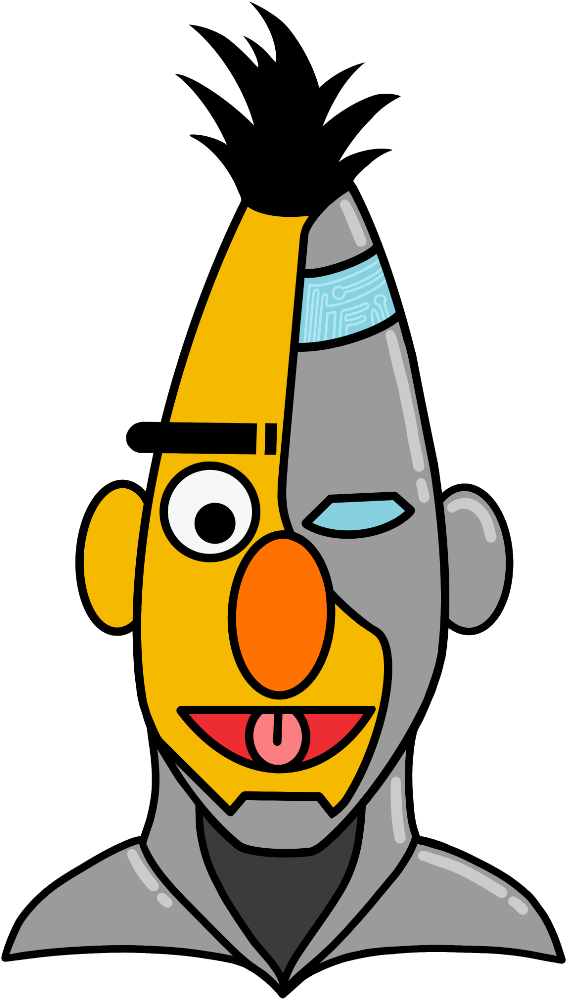AdapterHub: A Framework for Adapting Transformers
See our news entry for a detailed overview!

Abstract
The current modus operandi in NLP involves downloading and fine-tuning pre-trained models consisting of millions or billions of parameters. Storing and sharing such large trained models is expensive, slow, and time-consuming, which impedes progress towards more general and versatile NLP methods that learn from and for many tasks. Adapters — small learnt bottleneck layers inserted within each layer of a pre-trained model — ameliorate this issue by avoiding full fine-tuning of the entire model. However, sharing and integrating adapter layers is not straightforward. We propose AdapterHub, a framework that allows dynamic "stitching-in" of pre-trained adapters for different tasks and languages. The framework, built on top of the popular HuggingFace Transformers library, enables extremely easy and quick adaptations of state-of-the-art pre-trained models (e.g., BERT, RoBERTa, XLM-R) across tasks and languages. Downloading, sharing, and training adapters is as seamless as possible using minimal changes to the training scripts and a specialized infrastructure. Our framework enables scalable and easy access to sharing of task-specific models, particularly in low-resource scenarios.
Bibtex
@inproceedings{pfeiffer2020AdapterHub,
title={{AdapterHub: A Framework for Adapting Transformers}},
author={Jonas Pfeiffer and
Andreas R\"uckl\'{e} and
Clifton Poth and
Aishwarya Kamath and
Ivan Vuli\'{c} and
Sebastian Ruder and
Kyunghyun Cho and
Iryna Gurevych},
booktitle={Proceedings of the 2020 Conference on Empirical Methods in Natural Language Processing (EMNLP 2020): Systems Demonstrations},
year={2020},
address = "Online",
publisher = "Association for Computational Linguistics",
url = "https://www.aclweb.org/anthology/2020.emnlp-demos.7",
pages = "46--54",
}